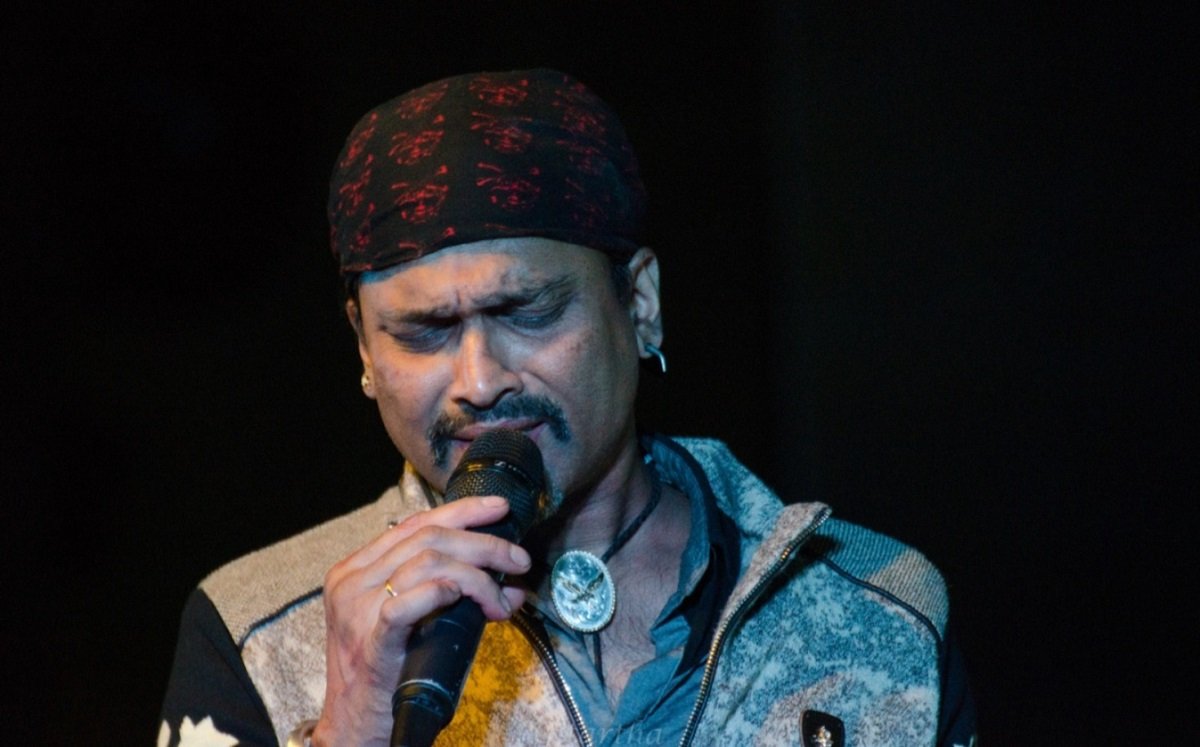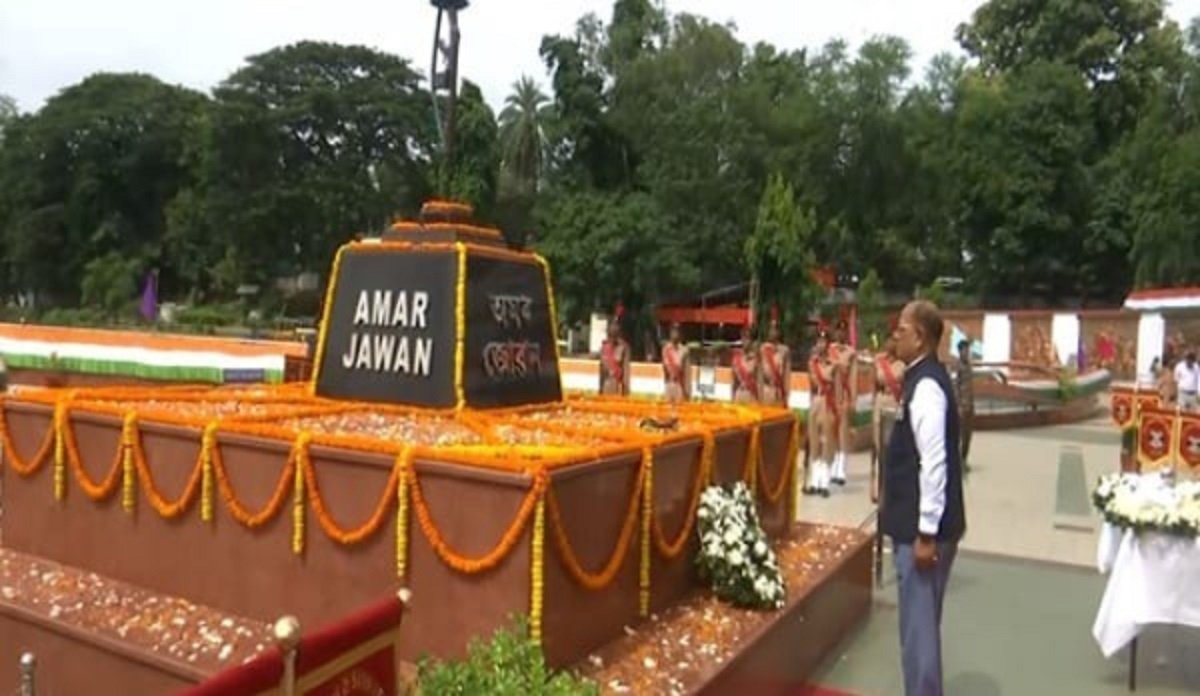Assam is reeling from the sudden loss of its most beloved cultural icon, Zubeen Garg. The celebrated singer, composer, and actor, known fondly as “Zubeen Da,” passed away at the age of 52 in Singapore on Friday. His death has left the state engulfed in grief, with thousands taking to the streets to honor his memory, while the government and schools declared rare gestures of mourning. On Friday night, Guwahati turned into a city of sorrow. From Zoo Road to Ganeshguri and the lanes of Kahilipara, people poured into the streets to pay their respects. Candlelight vigils lit up the night as mourners sang Zubeen’s timeless hits, including “Mayabini Ratir Bukut” and “Amanikha Hare Ase.” For many, singing his songs was not just an act of remembrance but a way to ease the pain of his departure. At Ganeshguri, a massive procession carried a portrait of the late singer, as chants of “Joi Zubeen Da!” echoed into the midnight sky. His photographs, surrounded by candles and flowers, stood as silent reminders of a man who was more than an entertainer — he was the voice of Assam. Families, students, and elderly fans stood together, many wiping away tears as they whispered prayers and sang in broken voices, creating a chorus of grief that lingered long into the night.
Similar scenes unfolded across the state. In Jorhat, Silchar, Tezpur, and Dibrugarh, citizens gathered in public squares and school grounds to remember the man who gave them music for every mood of life. Villages organized community prayers, while loudspeakers played his songs continuously, turning silence into a melody of collective mourning. The depth of the tragedy was also reflected in official circles. Assam Chief Minister Himanta Biswa Sarma, who was campaigning for the Bodoland Territorial Council elections, immediately cut short his schedule and returned to Guwahati upon hearing the news. Late Friday night, Sarma, accompanied by his wife Riniki Bhuyan Sarma, visited Zubeen’s residence in Kahilipara to meet the bereaved family. Speaking briefly to the press after offering condolences, the Chief Minister called Garg “Assam’s voice to the world.” “Zubeen Da was not only an artist but an emotion that bound Assam together. His passing has left an emptiness that words cannot fill,” Sarma said. In an unprecedented move that underscored the enormity of the loss, the Assam Education Department announced that all half-yearly school examinations would be postponed until the cremation of Zubeen Garg’s remains. Education Minister Ranoj Pegu issued a directive to all Inspectors of Schools, noting that the singer’s untimely death had plunged the state into mourning and that no child should be burdened with examinations during this time.
Parents and teachers welcomed the decision, saying it reflected the deep respect Assam holds for Zubeen, whose music was an inseparable part of school events, youth festivals, and cultural programs. For millions, Zubeen Garg was not just a singer but a companion in life’s journey. His melodies transcended generations, echoing through weddings, festivals, classrooms, and late-night gatherings. From modern pop to soulful folk, his voice carried the dreams and emotions of Assam, making him a cultural beacon. His sudden passing has created a void that feels both personal and collective. Fans describe it as losing a family member rather than a celebrity. “Tonight, it feels like Assam has lost its heartbeat,” said 19-year-old college student Nilotpal at a vigil in Guwahati. The twin images of the past 24 hours — candlelit streets filled with songs of remembrance and the Chief Minister bowing his head in respect at Kahilipara — capture the scale of Assam’s sorrow. The vigils and official decisions, from exam postponements to the halting of political campaigns, show that Zubeen Garg’s death is not just a personal tragedy for his family but a collective heartbreak for an entire state.




